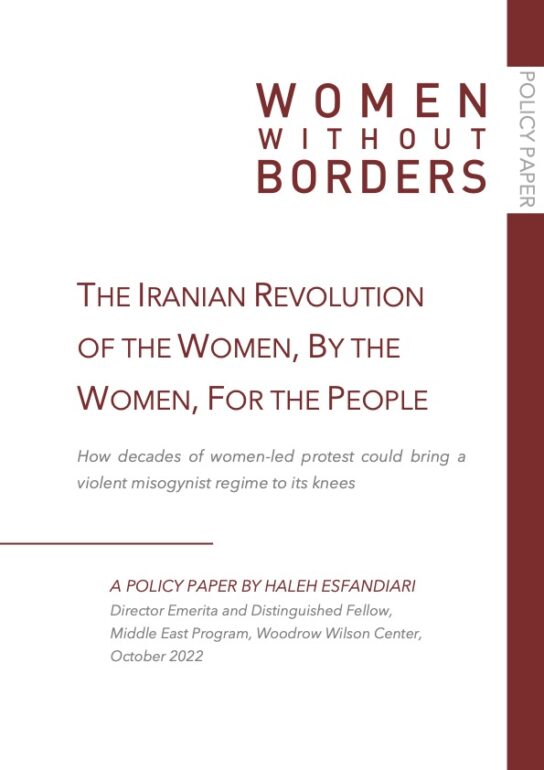When Women without Borders (WwB) held its ‘Mothers Against Extremism’ workshop in January 2010, it saw twenty concerned and affected mothers convene in Sana’a to build trust and begin to break the silence surrounding the taboo topic of their children’s actual or possible descent into extremism. In strengthening their self-confidence and providing them with a platform to share their stories and fears, WwB supported this group of mothers in their mission to become active participants in their communities, develop strategies together, and take the future into their hands. WwB’s workshop was unique and pioneering in emphasising the link between violent extremism and gender based violence while spreading awareness of the need for developing the untapped potential of mothers to counter recruitment efforts in their homes and communities.
Since the early 2000s, extremist groups have capitalised on voids in regional governance across Yemen, recruiting youth with promises of financial assistance and stability. This has led to high rates of radicalisation, and communities both urban and rural have been permeated by extremist ideologies. The female population has proved to be particularly vulnerable to violence by terrorist groups that support the oppression and silencing of women. Yemeni women already tend to be confined to their homes and isolated from their communities, but their contribution to the political sphere has been on the rise. That this increased engagement stands in direct opposition to extremist belief systems has exacerbated tensions, and even the most basic public and private freedoms afforded to Yemini women increasingly have come under attack.
Observing the civic fervour of Yemeni women and seeking to initiate a support network for mothers who had witnessed—or feared the prospect of—their children engaging in extremist activities, Women without Borders (WwB) in early 2010 extended its Sisters Against Violent Extremism (SAVE) network to Yemen and convened a workshop for concerned and affected mothers. This project, entitled ‘Mothers Against Extremism’, created a safe space for women to share their understanding of and experiences with violent extremism. By generating dialogue on this taboo topic, WwB hoped to strengthen the resolve of Yemeni women to shield their families from extremist recruiters.
Aided by Women Journalists Without Change (WJWC), Women without Borders identified and convened twenty concerned and affected mothers from divergent socio-economic and educational backgrounds in Sana’a. WwB’s SAVE Yemen coordinator Fahmia al-Fotih and WJWC Chairperson Tawwakol Karman guided the workshop discussions on the effects of violent extremism in the lives of the participating mothers. To assure the mothers that their problems are not unique to them or Yemen, WwB opened the workshop with a screening of its ‘Journeys Through Darkness’ film, which features three resilient women from Northern Ireland, Spain, and the UK. This WwB-produced feature documents the trio’s efforts in preventing violent extremism, and it chronicles their challenges and triumphs in processing the impact of extremism on their lives. The screening visibly increased the mothers’ sense of community, helped them to feel less isolated or ashamed, and led to a discussion on their potential role in preventing violent extremism on the individual and group levels.
Mothers who spoke about their own experiences increasingly recognised their own potential and indeed responsibility to protect their children from extremist influences. The group dynamic noticeably nurtured feelings of empowerment: many appeared motivated to approach their sons and daughters with concerns that previously they had been too ashamed or scared to address. Several participants desired further workshops of the kind in order to grow a community based on trust and support for the mothers of Sana’a.
Press coverage of WwB’s ‘Mothers Against Extremism’ SAVE network workshop highlighted the strong civil society engagement component of the project. The Women’s United Nations Report Network (WUNRP) included reflections in its feature, including the following participant statement: ‘Empowering women comes first. Once empowered, women will then be able to combat extremist activities and terrorism within their families and communities’. Saba, Yemen’s official news agency, quoted al-Fatih’s call for change: ‘Normal citizens think that these politics do not concern us … I challenge the world that as long as they continue doing it this way and excluding women from being the peacemakers they are, that they will never find peace’.


